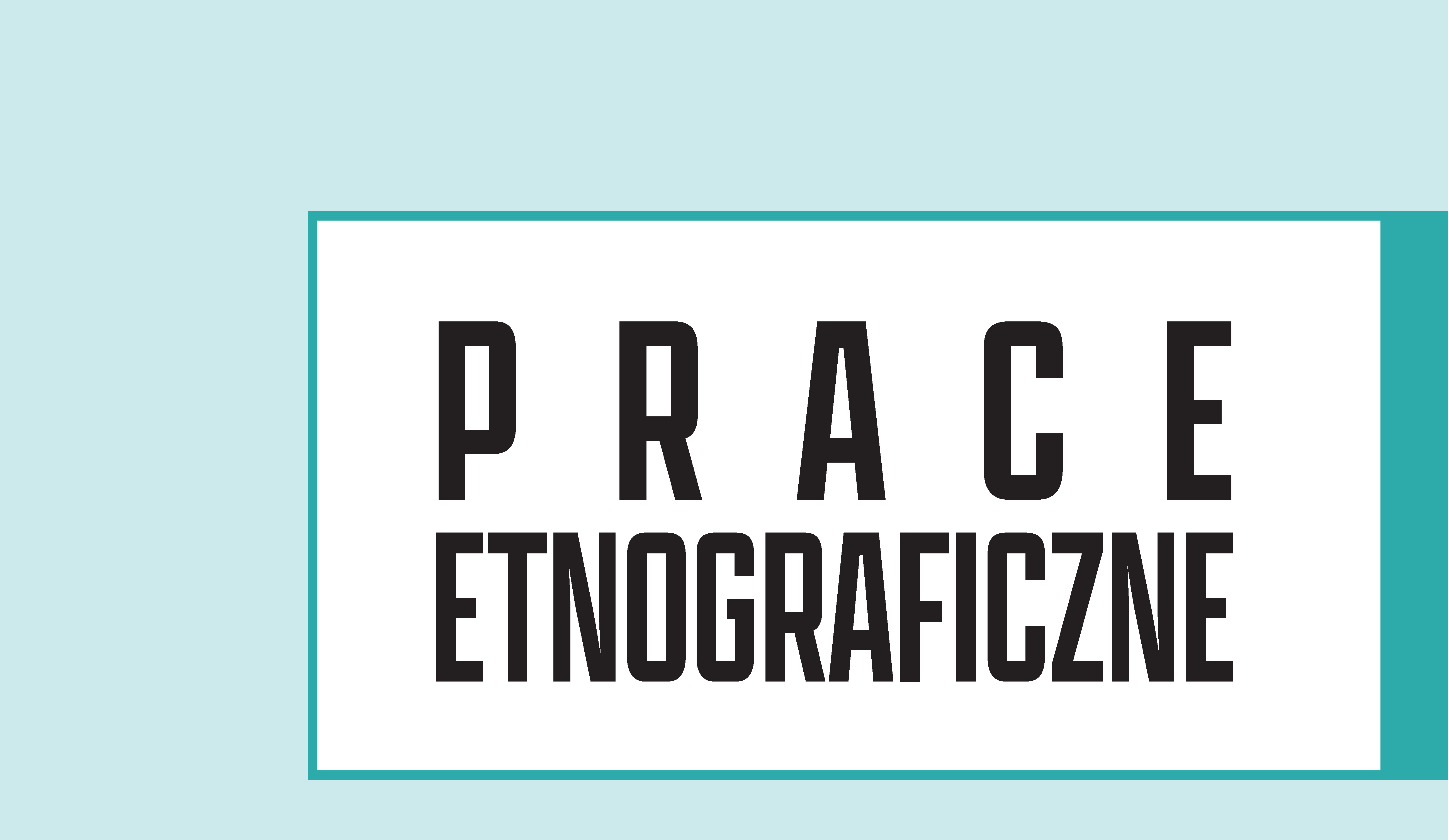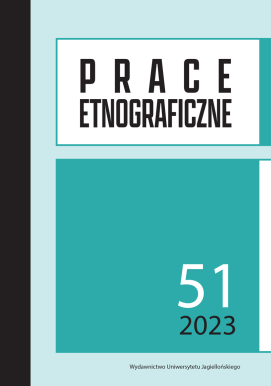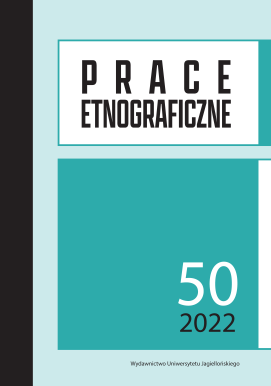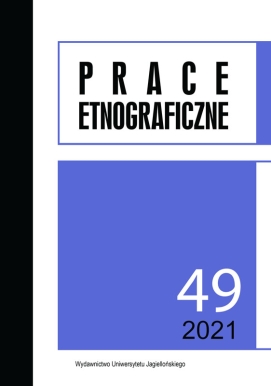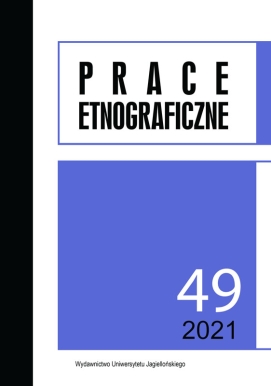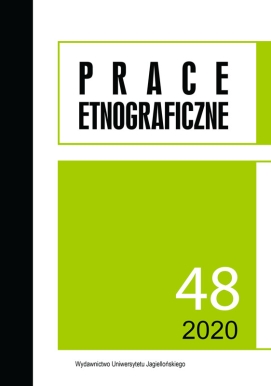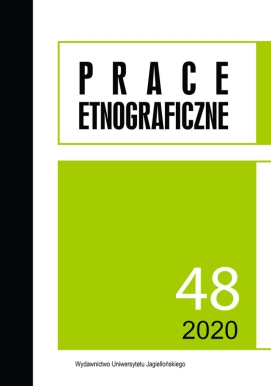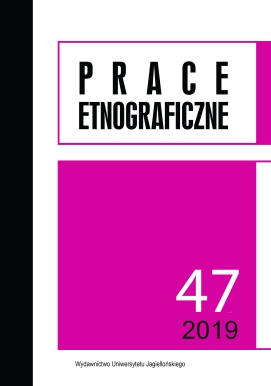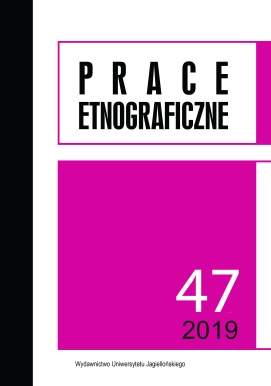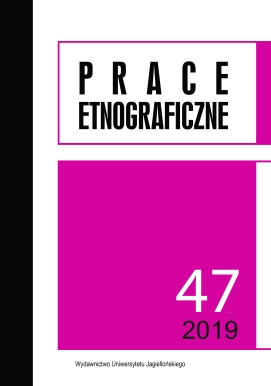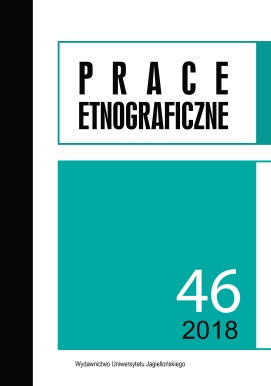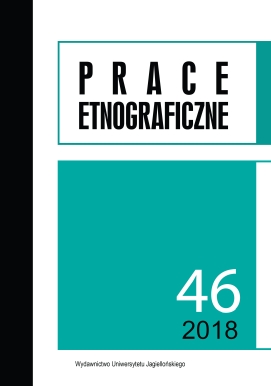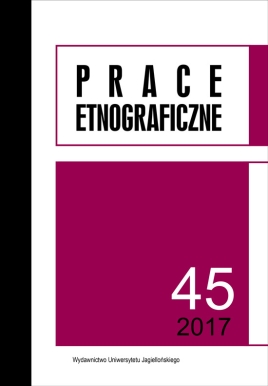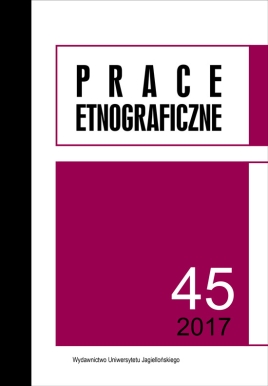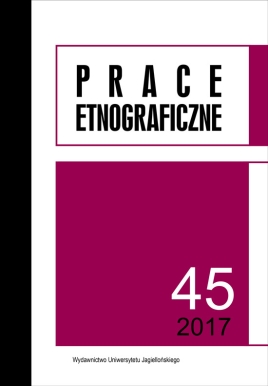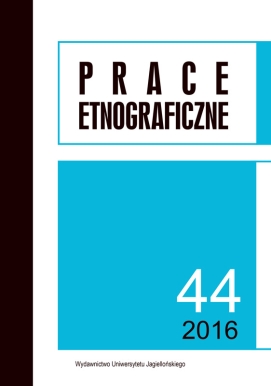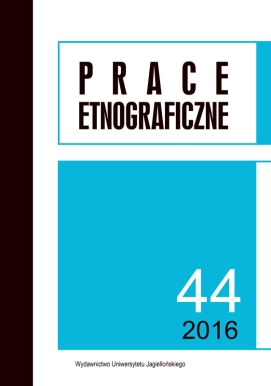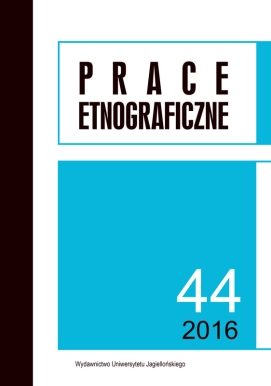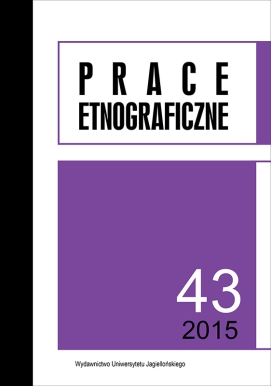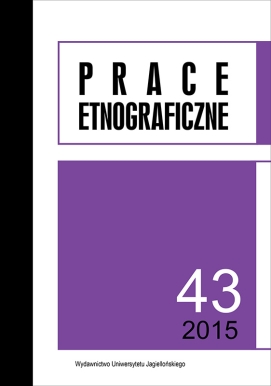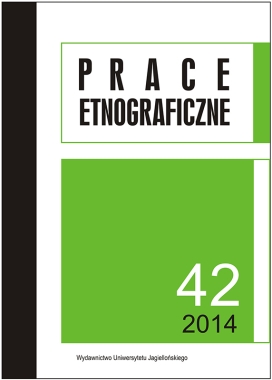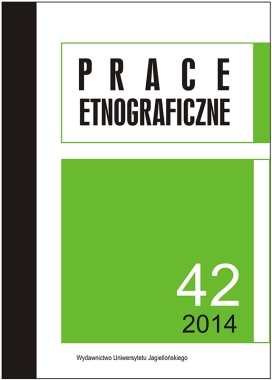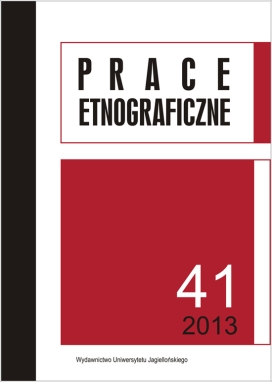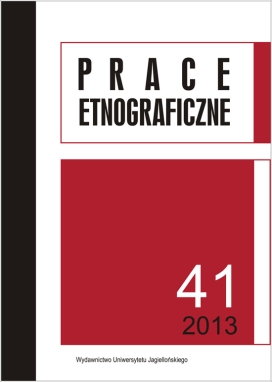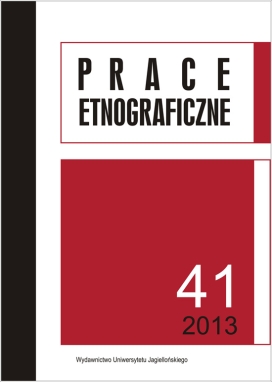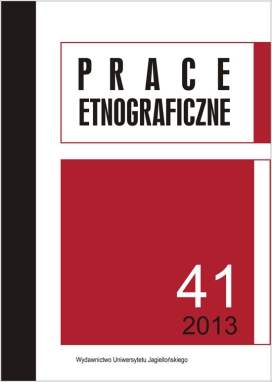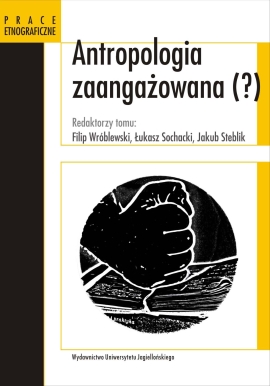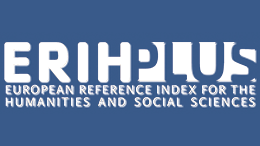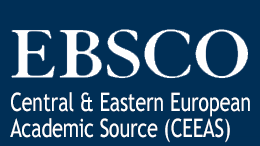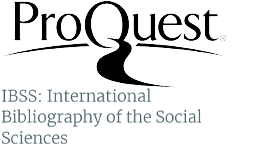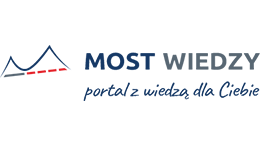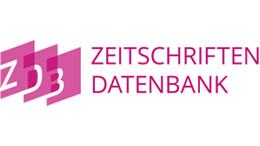Description
Prace Etnograficzne, established in 1963, is part of Zeszyty Naukowe UJ (in English: Jagiellonian University Research Bulletin). Prace Etnograficzne initially presented the works of the academics in the Faculty of Slavic Ethnography and the current Institute of Ethnology and Cultural Anthropology. Beginning with the 1990s, the journal became a serial publication, and selected issues are now based on various themes. Today, Prace Etnograficzne is highly diverse in terms of both its form and content. We publish original research articles, as well as theoretical perspectives and papers concerning the methodology of ethnographical research and the history of the discipline, all of which are written by both experienced and beginning researchers.
To date, the articles published in the journal have encompassed a wide spectrum of subjects, including: the practice of memory; migration and mobility; ethnicity in Central Europe; uncomfortable heritage; visuality and the new media; rituals; and the pragmatics of utterances in ethnography or ethnographical museums.
Additional sections were created in 2017 that expanded the scope and publishing programme of Prace Etnograficzne. This was motivated by a need to enliven the intellectual debate and share experiences between researchers and academic centres.
A permanent part of the journal are review articles concerning major scientific publications as well as reviews of publications, artistic and social events, exhibitions, festivals and projects and events related to visual anthropology and the new media. Additionally, the journal publishes other forms of articles on a cyclical basis: photo essays, experiences and reports from field research, interviews and talks with researchers and commentaries. These unique forms are selected for publication by the Editorial Board rather than by external reviewers.
ISSN: 0083-4327
eISSN: 2299-9558
MNiSW points: 70
UIC ID: 486071
DOI: 10.4467/22999558.PE
Editorial team
Editor-in-Chief:
Stanisława
Trebunia-Staszel
Additional redactors:
Monika
Golonka-Czajkowska
Affiliation
Jagiellonian University in Kraków
